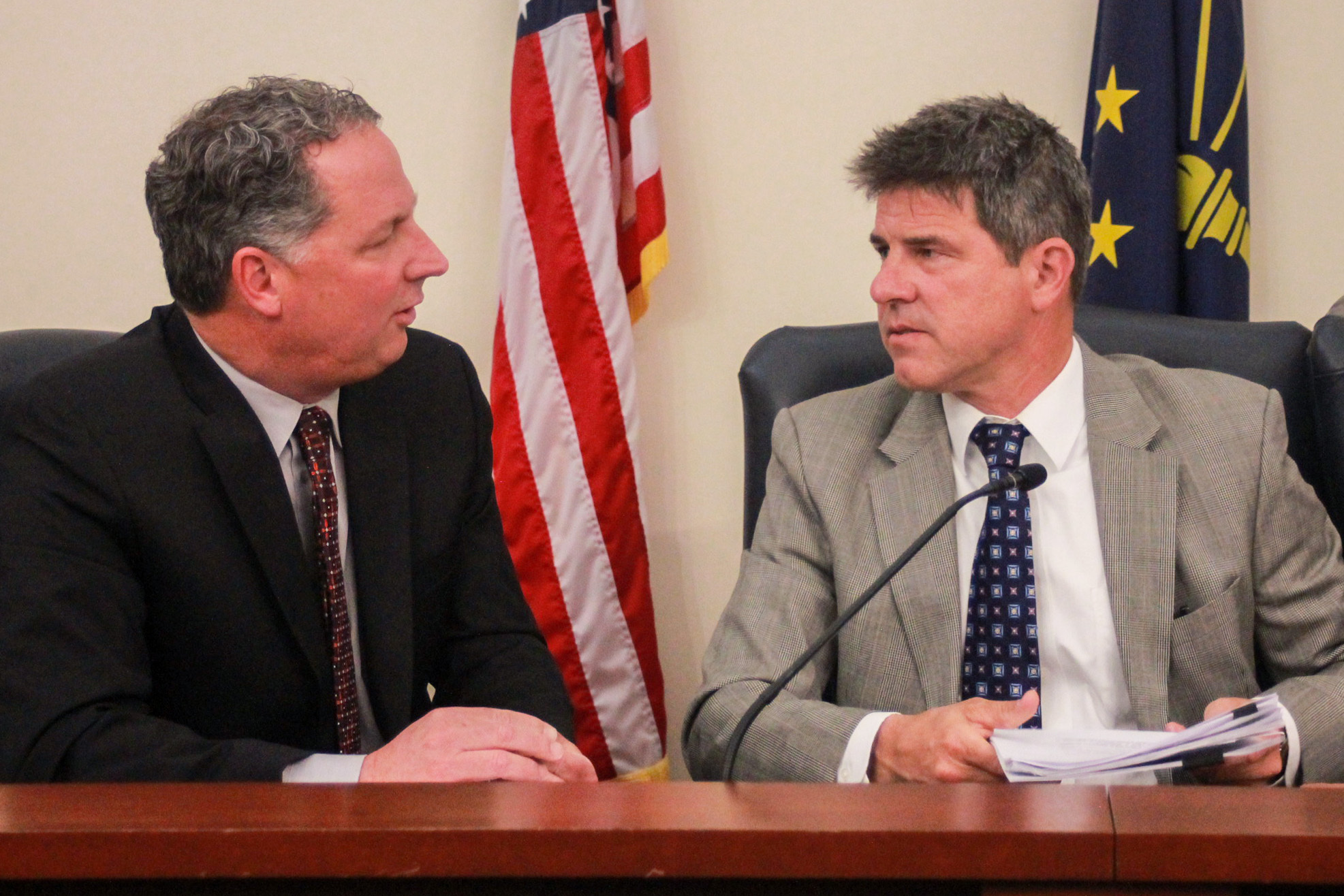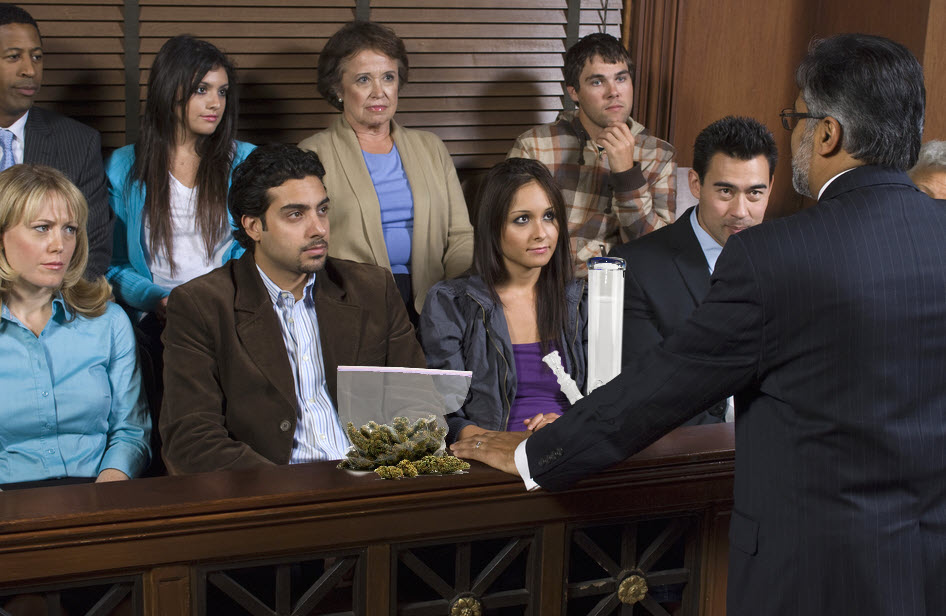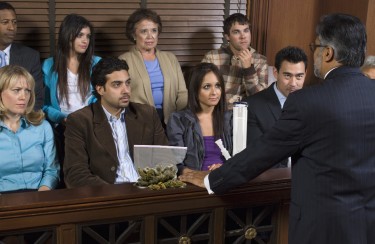Need a place to discuss state leglislation and news articles. Post updated information here. Contact your representatives and post their comments. Thanks for sharing!

 indianapublicradio.org
indianapublicradio.org
By Brandon Smith, IPB News | Published on June 13, 2023
For the second year in a row, Indiana lawmakers will examine cannabis legalization during their study committee period. But Republican leaders are still downplaying the possibility of actual legalization.
Indiana lawmakers meet in study committees between legislative sessions, as a way to help prepare for future legislation.
Lawmakers on the public health study committee spent hours last year hearing testimony from both supporters and opponents of cannabis legalization.
This year, the Commerce and Economic Development Study Committee will consider the issue. House Speaker Todd Huston (R-Fishers) said the focus will be on employment issues and teen use.
“You’re starting to see real data come out across states that have legalized that I think is important to analyze and understand,” Huston said.
Still, when asked whether the study committee is a step towards legalization, Republican leaders said they’re just gathering information.
Senate Democratic Leader Greg Taylor (D-Indianapolis) said while the GOP is focused on the negatives of cannabis use, he’s focused on the benefits.
“I think cannabis is – it’s inevitable,” Taylor said.
The committee will meet in the coming months...........
__________________________________________
..
Text from the Legeslative Council Resolution for the study:
2) COMMERCE AND ECONOMIC DEVELOPMENT.
THE COMMITTEE IS CHARGED WITH STUDYING THE FOLLOWING TOPICS:
(A) Identify the risks and challenges to Hoosiers that developments in
artificial intelligence may bring as well as the opportunities artificial
intelligence may bring to existing industries, jobs, knowledge,
learning, the provision of government, and other services. (Source:
Letter, Rep. Frye)
(B) Consumer data privacy and security (Source: Letter, Rep. Lehman,
Rep. M. Pierce, Sen. Brown)
(C) Legalization of adult-use cannabis in Indiana as it relates to
workforce impacts and teen use. (Source: Letters, Sen. K. Walker,
Sen. Pol, and others)

Indiana lawmakers to study cannabis again, though GOP leaders still downplay legalization
For the second year in a row, Indiana lawmakers will examine cannabis legalization during their study committee period. But Republican leaders are still downplaying the possibility of actual legalization. Indiana lawmakers meet in study committees between legislative sessions, as a way to hel
Indiana lawmakers to study cannabis again, though GOP leaders still downplay legalization
By Brandon Smith, IPB News | Published on June 13, 2023
For the second year in a row, Indiana lawmakers will examine cannabis legalization during their study committee period. But Republican leaders are still downplaying the possibility of actual legalization.
Indiana lawmakers meet in study committees between legislative sessions, as a way to help prepare for future legislation.
Lawmakers on the public health study committee spent hours last year hearing testimony from both supporters and opponents of cannabis legalization.
This year, the Commerce and Economic Development Study Committee will consider the issue. House Speaker Todd Huston (R-Fishers) said the focus will be on employment issues and teen use.
“You’re starting to see real data come out across states that have legalized that I think is important to analyze and understand,” Huston said.
Still, when asked whether the study committee is a step towards legalization, Republican leaders said they’re just gathering information.
Senate Democratic Leader Greg Taylor (D-Indianapolis) said while the GOP is focused on the negatives of cannabis use, he’s focused on the benefits.
“I think cannabis is – it’s inevitable,” Taylor said.
The committee will meet in the coming months...........
__________________________________________
..
Text from the Legeslative Council Resolution for the study:
2) COMMERCE AND ECONOMIC DEVELOPMENT.
THE COMMITTEE IS CHARGED WITH STUDYING THE FOLLOWING TOPICS:
(A) Identify the risks and challenges to Hoosiers that developments in
artificial intelligence may bring as well as the opportunities artificial
intelligence may bring to existing industries, jobs, knowledge,
learning, the provision of government, and other services. (Source:
Letter, Rep. Frye)
(B) Consumer data privacy and security (Source: Letter, Rep. Lehman,
Rep. M. Pierce, Sen. Brown)
(C) Legalization of adult-use cannabis in Indiana as it relates to
workforce impacts and teen use. (Source: Letters, Sen. K. Walker,
Sen. Pol, and others)







 count on it!
count on it!
